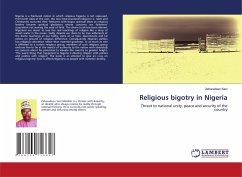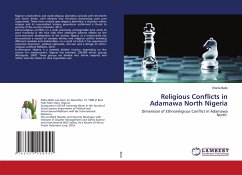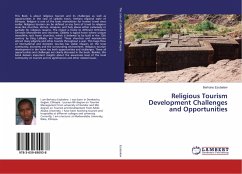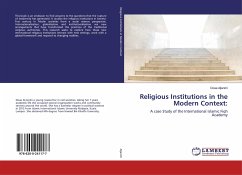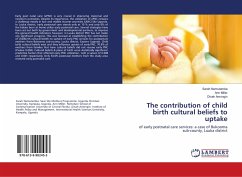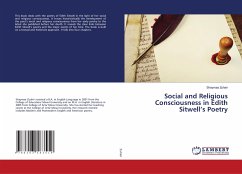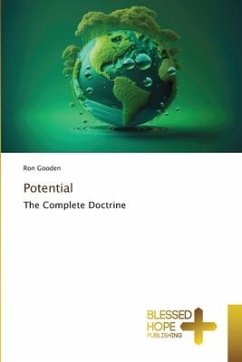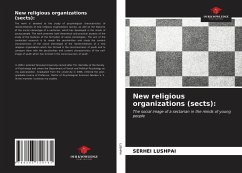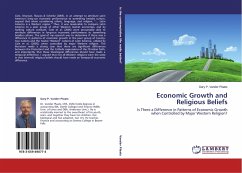
Economic Growth and Religious Beliefs
Is There a Difference in Patterns of Economic Growth when Controlled by Major Western Religion?
Versandkostenfrei!
Versandfertig in 6-10 Tagen
47,99 €
inkl. MwSt.

PAYBACK Punkte
24 °P sammeln!
Cole, Ohanian, Riascos & Schmitz (2005), in an attempt to attribute Latin America's long-run economic performance to something besides culture, argued that when considering ethnic, language, and religion, "... Latin America is a Western region." Thus, it was reasonable to compare Latin America to a peer group of other Western market economies, and by holding culture constant, Cole et al. (2005) were presumably able to attribute differences in long-run economic performance to something besides culture. The goal of my research was to determine if there was a difference in patterns of economic gr...
Cole, Ohanian, Riascos & Schmitz (2005), in an attempt to attribute Latin America's long-run economic performance to something besides culture, argued that when considering ethnic, language, and religion, "... Latin America is a Western region." Thus, it was reasonable to compare Latin America to a peer group of other Western market economies, and by holding culture constant, Cole et al. (2005) were presumably able to attribute differences in long-run economic performance to something besides culture. The goal of my research was to determine if there was a difference in patterns of economic growth in the peer group of twenty-two nations and the twelve 'Western' nations of Latin America, utilized by Cole et al. (2005), when controlled by major Western religion. The literature made a strong case that there are significant differences between the Protestant and the Catholic expressions of the Christian faith, and importantly, that these theological differences should have made a temporal difference. I argued that not all Western religions were the same in that (eternal) religious beliefs should have made an (temporal) economic difference.



